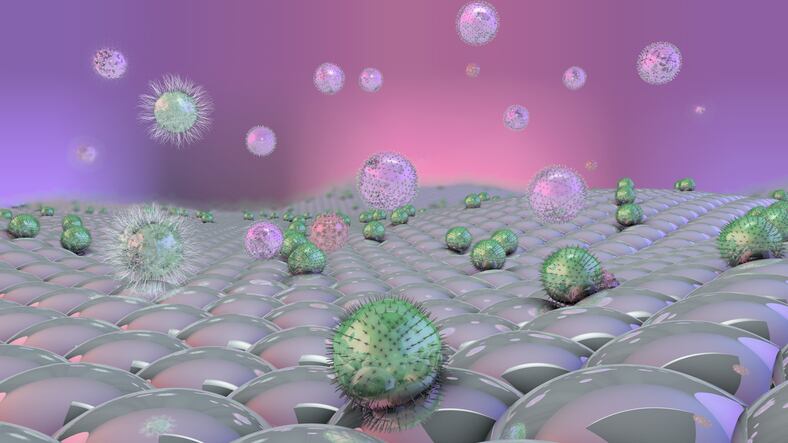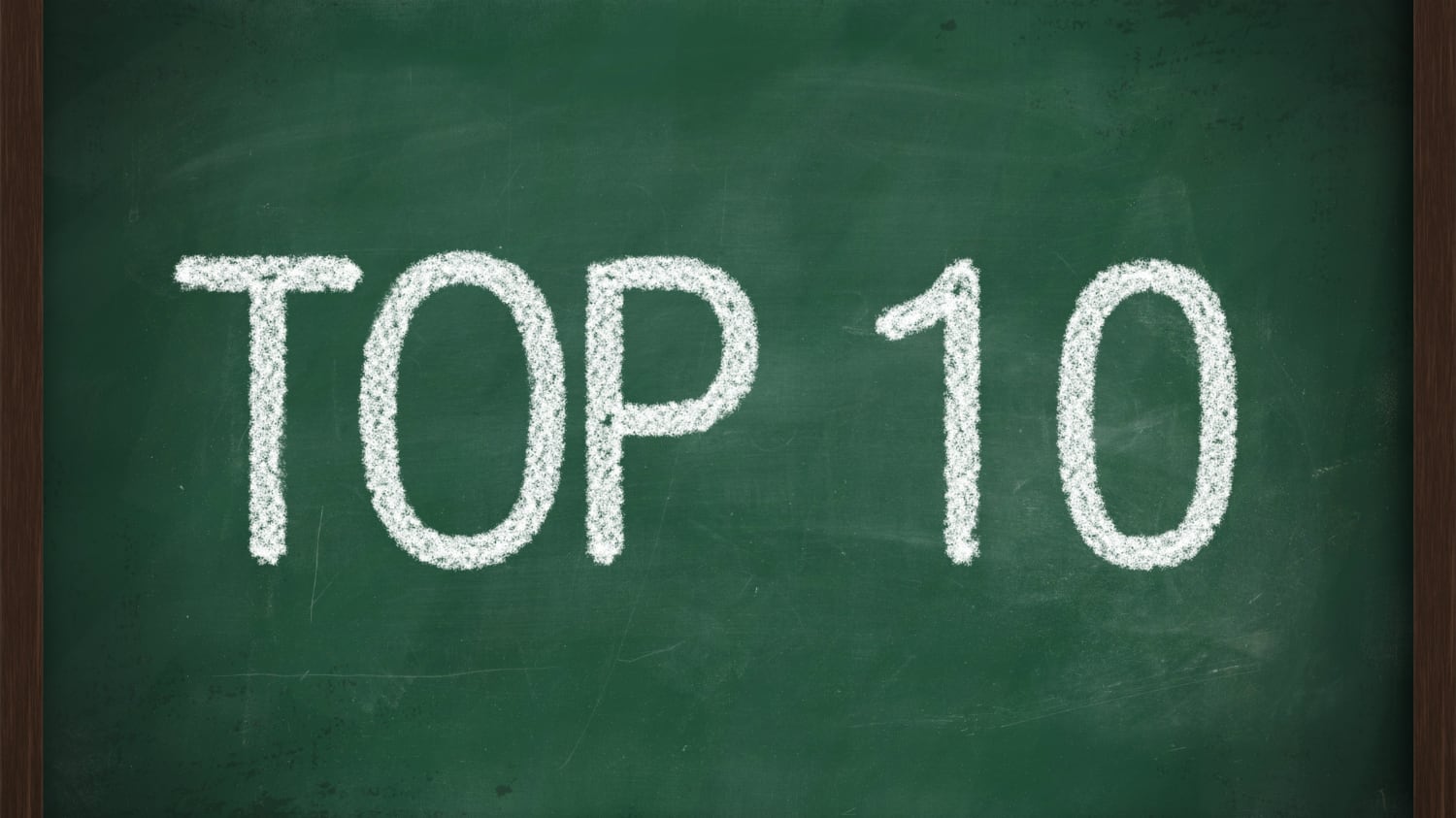1 – Malaysian cosmetics firm among first to join global halal blockchain registry
A blockchain system that ensures the veracity of halal-certified products across the world has been praised by Malaysian firm Miss Elwani - one of the first cosmetics companies that has signed up to the system.
The Halal Digital Chain (Hadic) aims to create an integrated and secure digital halal ecosystem to inform consumers if a product has been certified in other countries, and what that certification entails.
Soft-launched last week, the blockchain ledger database is expected to seamlessly connect components throughout the halal value chain.
“It will allow Malaysia’s halal industry to continue to develop and progress as a key player in the global halal marketplace. The potential for expansion and evolution of this system is limitless,” said Sirajuddin bin Suhaimee, director of the Malaysia Halal Council Secretariat, a part of the Malaysia’s Department of Islamic Development Malaysia, Jakim.
2 – Malaysian certification essential for halal expansion, manufacturer finds
Despite its deep Chinese roots and close links with Chinese manufacturing, Malaysia-based Vee Man Holding has placed its focus on Asia's Muslim markets.
The cosmetics and haircare brand and OEM manufacturer has centered its strategy on developing more business in countries like Indonesia, the world's biggest Islamic nation, as well as India, home to nearly 200m Muslims, Pakistan and the Middle East.
But to do so it has had to bring manufacturing base of its best-known Chinese line to Malaysia, because of the country's position as the leader in halal certification.
"If you want to enter halal markets, branding yourself as a Chinese manufacturer is very hard," said Tick Lee, chief operating officer of Vee Man Holding, the brand parent of Savee, Misslady and distributor of Opal, the biggest shower gel and hair treatment brand In Hong Kong and Taiwan.
3 – Animal testing ban still ‘unlikely’ even as China greenlights alternative processes for cosmetic ingredients
China’s National Medical Products Administration (NMPA) has approved two animal-free cosmetic testing methods but it is still a long way from banning animal tests completely.
The NMPA drafted the acceptance of nine test methods including two animal-free tests: Direct Peptide Reaction Assay (DPRA) for Skin Sensitization and Short Time Exposure Assay (STE) for eye irritation.
From January 1, 2020, these tests will be the preferred toxicological tests for the registration and pre-market approval of cosmetic ingredients, but not final formulations.
While this is a significant step towards phasing out animal testing for the country, Erin Hill, president of the Institute for In Vitro Sciences (IIVS), does not think it will move to ban animal testing in the near future.
4 – J&J India rejects government tests results that found formaldehyde in its baby shampoo
Johnson & Johnson has defended its No More Tears baby shampoo after tests conducted by the northwestern Indian state of Rajasthan concluded that it found formaldehyde in its products.
The company has rejected the findings and asserted that its No More Tears does not contain any harmful ingredients.
“We do not accept the interim results given to us which mentioned samples to ‘contain harmful ingredients – identification positive for formaldehyde,’” it said in a statement.
It added: “We unequivocally maintain that our products are safe and our assurance process is amongst the most rigorous in the world, meeting or exceeding the safety standards in every country where our products are sold.”
5 – ‘Scheduled poison’: Malaysia Health Ministry bans the sale of two Bao Fu Ling products
The National Pharmaceutical Regulatory Agency (NPRA) of the Ministry of Health (MOH) has banned the sale of two Bao Shu Tang products after it detected the presence of diphenhydramine in the products.
The two products in question are Bao Fu Ling Snow Lotus Cream and Bao Fu Ling Skin care cream, which are manufactured by Beijing Bao Shu Tang Sci-Tech Pharmaceutical.
According to the press statement, the approval to sell the products has been revoked by the Senior Director of Pharmaceutical Services following the detection of diphenhydramine.
Diphenhydramine is classified as pharmaceutical product and is listed as a scheduled poison under the First Schedule of Poison Act 1952.
It is commonly used as an antihistamine to treat symptoms of allergies or the common cold.





